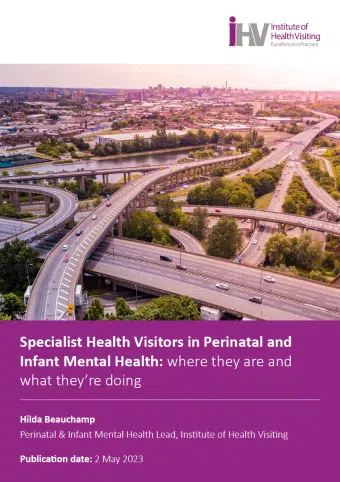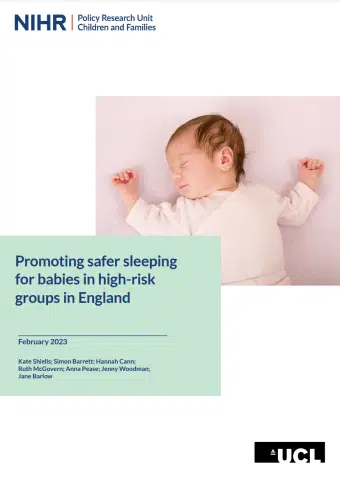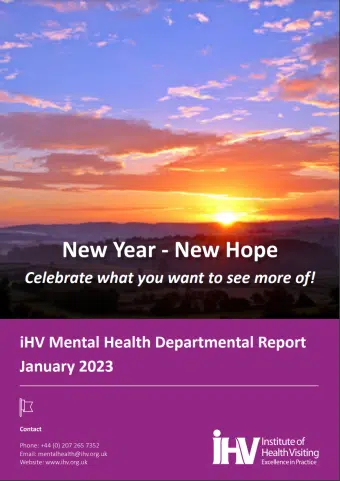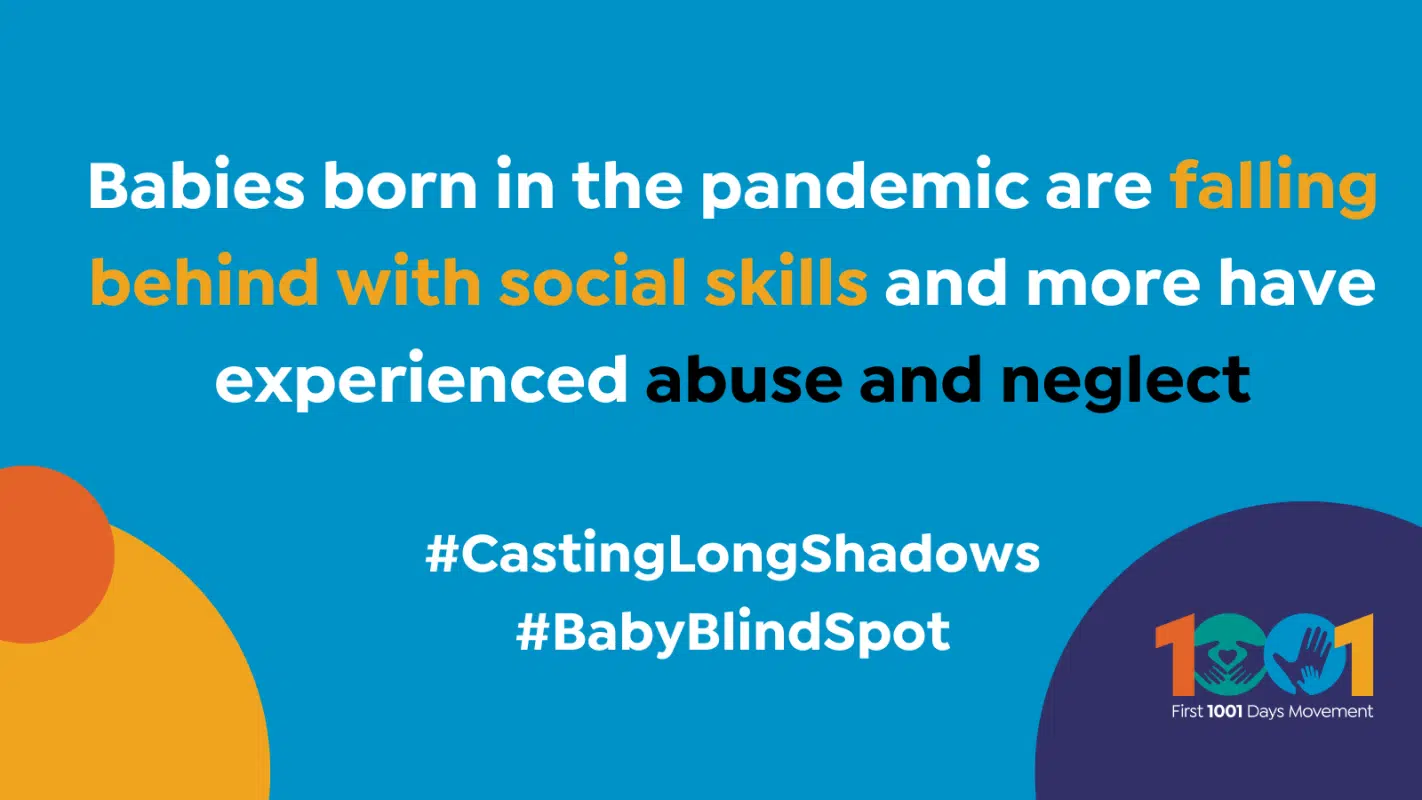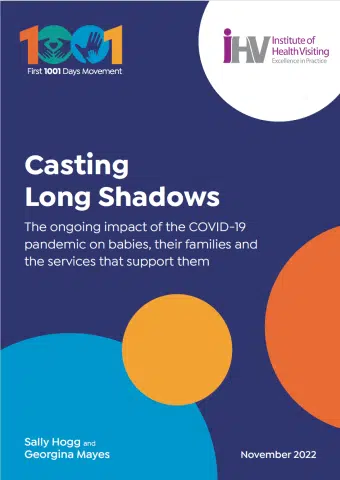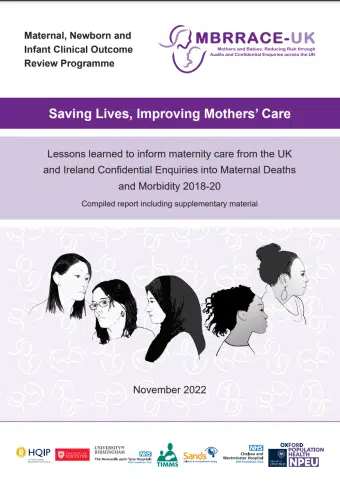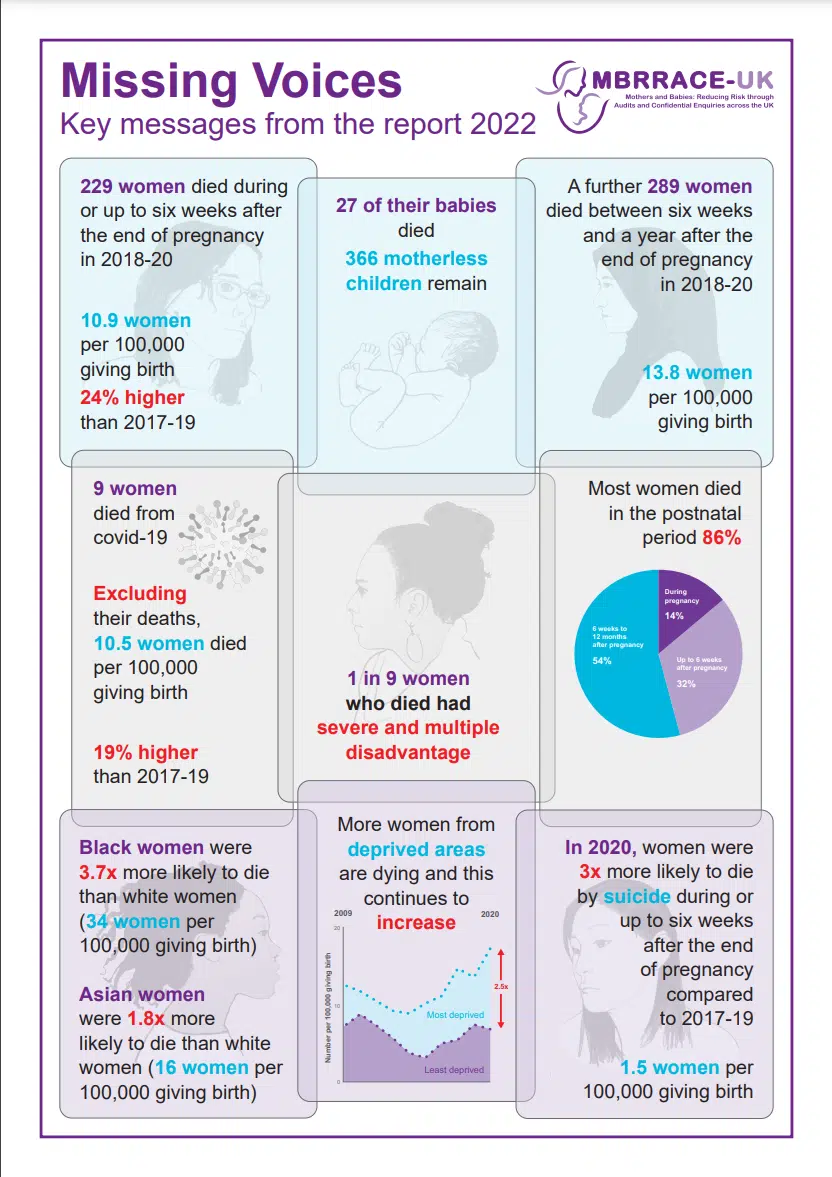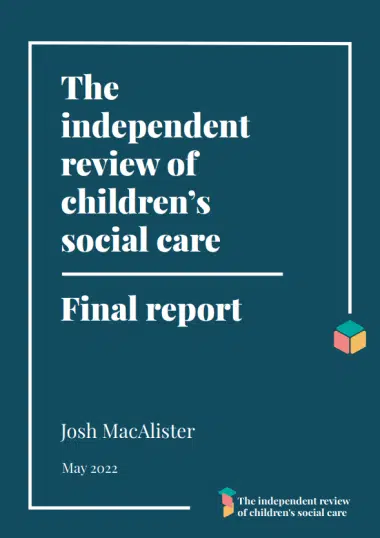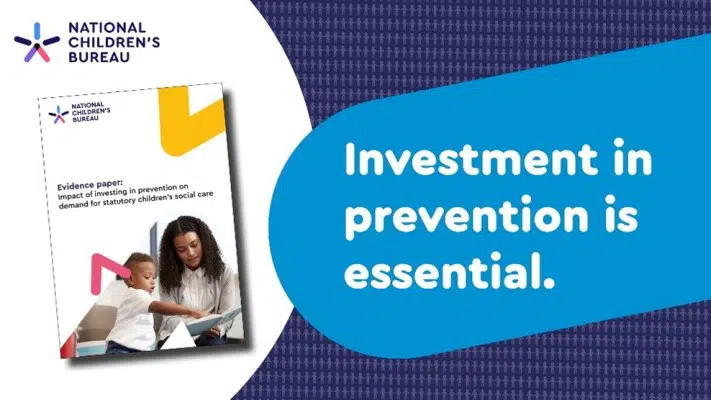Specialist Health Visitors in Perinatal and Infant Mental Health: where they are and what they’re doing.
Maternal Mental Health Awareness Week 2023 (#MMHAW23) focuses on being ‘together in a changing world’. Today’s theme, Tuesday 2 May, offers an opportunity to ‘shine the spotlight on support’ – so what better time for the iHV to shine the spotlight on the unique role of Specialist Health Visitors in Perinatal and Infant Mental Health across all UK nations by giving a snapshot of where they are and what they are doing.
Seven years on from the seminal publication on the role of Specialist Health Visitors in Perinatal and Infant Mental health (Sp HV PIMH) by Health Education England1 and one year since the follow-on report by Homonchuk and Barlow2 made further specific recommendations for these practitioners, the Institute of Health Visiting (iHV) has compiled a snapshot of provision and practice across the UK – Specialist Health Visitors in Perinatal and Infant Mental Health: where they are and what they’re doing.
The good news is that there are now Sp HV PIMH in each UK nation, providing strategic leadership, undertaking pivotal training, education and supervisory functions, influencing service redesign and pathway development, and ensuring robust quality assurance through accurate data collection, analysis and audit. We regularly hear examples from Sp HV PIMH of how they continue to advocate for families and use their position and voice to influence local decision makers to ensure perinatal and infant mental health remains prominent in local policies and the political agenda.
A deeper dive at a regional level, however, reveals patchy provision and inconsistent commissioning arrangements for these specialists, with variations in:
- job descriptions
- clinical case-loading expectations
- training and supervision for the practitioner
- where the role sits – within universal health visiting or specialist perinatal and infant mental health services
In addition, the dire shortages in the health visiting workforce need to be urgently addressed by national government to enable Sp HV PIMH and the wider health visiting workforce to deliver clinically and cost-effective perinatal and infant mental health care.
Melita Graham, Head of Mental Health, says:
All families want and deserve high-quality and joined-up care for PIMH problems. This report highlights the unique leadership role that Specialist Health Visitors in Perinatal and Infant Mental Health have contribute to achieving this. Furthermore, it shines a light on how specialist provision within health visiting services offers the opportunity to drive clinically and cost-effective high-quality evidence-based PIMH care across the whole system.
There is still work to be done but much to be celebrated. The leadership and commitment of these pioneering specialist health visitors ensures that families at risk of, and those impacted by, mental health problems have the best chance of receiving timely, high-quality, cost-effective care within health visiting services and beyond, helping to give all babies and young children the very best start in life.
Recommendations
Recommendations from previous reports on Sp HV PIMH still stand2, particularly that:
- Sp HV PIMH should continue to be commissioned by every Local Authority in England, every Health Board in Wales and Scotland, and every Health and Social Care Trust in Northern Ireland. Such commissioning should include the provision of necessary resources to enable them to work both strategically and clinically
- A national set of Perinatal and Infant Mental Health quality standards for Sp HV PIMH, health visiting and health visiting services are needed
- The contribution and recognition of the Sp HV PIMH role would be strengthened by the development of credentials for Advanced Clinical Practice (ACP-health visiting)
In addition, this report recommends that:
- All services should ensure there is a robust offer of reflective clinical supervision for Sp HV PIMH
- Demand-driven workforce modelling with further exploration of workload weighting for Sp HV PIMH is needed to provide a benchmark for safer staffing and ensure equity of provision
- Further research into the role of Sp HV PIMH within universal health visiting services compared to specialist services is needed to build a strong evidence base for the NHS and Local Authorities to make the best decisions in designing, commissioning and delivering services in the interests of local people
- Further research is needed to support the translation of the evidence from the UK Confidential Enquiries into practice, focusing on public health aspects, inequalities and the Sp HV PIMH role
- The health visiting service should be strengthened by national government through sufficient funding, a demand-driven, well-resourced national workforce strategy to ensure that all families receive high-quality, evidence-based support, regardless of where they live
References
- Health Education England. Specialist Health Visitors in Perinatal & Infant Mental Health. What they do and why they matter. 2016. Available from: https://www.hee.nhs.uk/sites/default/files/documents/Specialist%20Health%20Visitors%20in%20Perinatal%20and%20Mental%20Health%20FINAL%20low%20res.pdf [Accessed 19th April 2023]
- Homonchuk, O. and Barlow, J. Specialist Health Visitors in Perinatal and Infant Mental Health. 2022. Department of Social Policy and Intervention, University of Oxford. Available from: https://spi.web.ox.ac.uk/sites/default/files/spi/documents/media/specialist_health_visitors_in_perinatal_and_infant_mental_health_-_january_2022.pdf [Accessed 19th April 2023]

